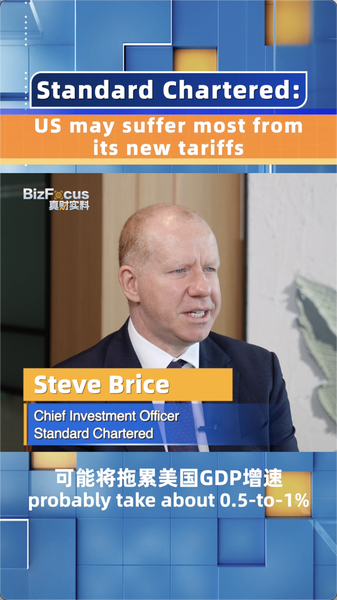Global markets are used to ups and downs, but recent US tariff announcements have set off fresh jitters. According to Steve Brice, Chief Investment Officer at Standard Chartered, the real shock may hit the US economy itself.
“Markets are realizing that the US is the source of tariff-driven uncertainty,” Brice told CGTN. “The biggest impact may fall on the US economy itself—not on the global economy.”
Here’s what you need to know:
- Consumer Prices on Edge: Tariffs push up import costs, which often get passed to shoppers—meaning pricier gadgets, clothing, and everyday goods.
- Supply Chain Ripple Effects: Higher costs and delays can force US companies to rethink manufacturing and sourcing, squeezing profit margins.
- Global Resilience: Outside the US, many economies have diversified trade links, softening the blow of American tariffs.
Data point: A recent survey of 300 multinational CFOs found that 60% expect US tariff moves to raise their operating costs over the next year.
For young entrepreneurs and digital nomads, rising costs in the US market could drive innovation: think local sourcing, lean start-up models and new fintech solutions to hedge risk.
For global citizens tracking geopolitical shifts, this moment underscores how no economy is an island—but the architect of trade policy can feel the heat first. As Brice notes, “Uncertainty is the enemy of growth.”
Reference(s):
cgtn.com




